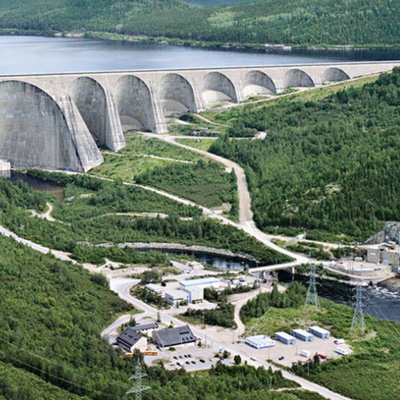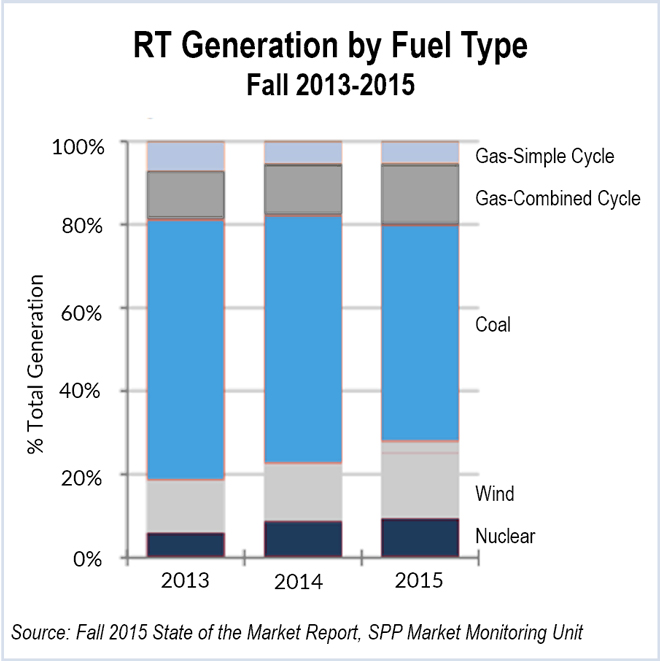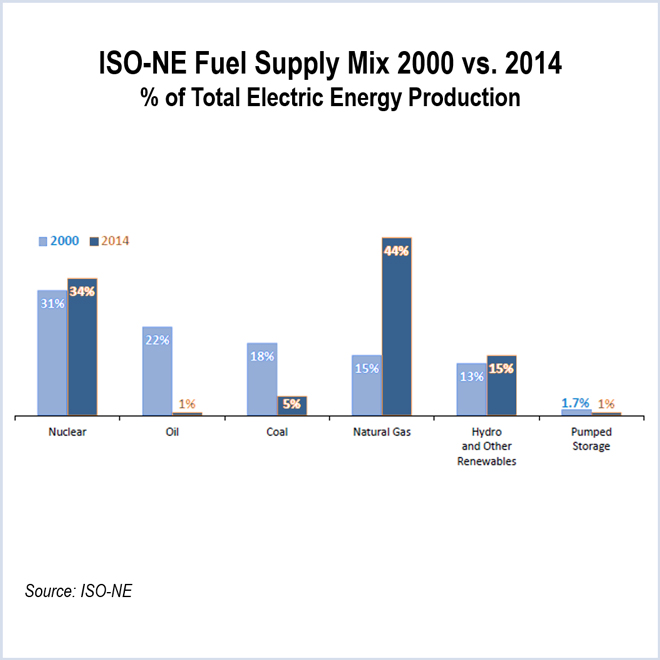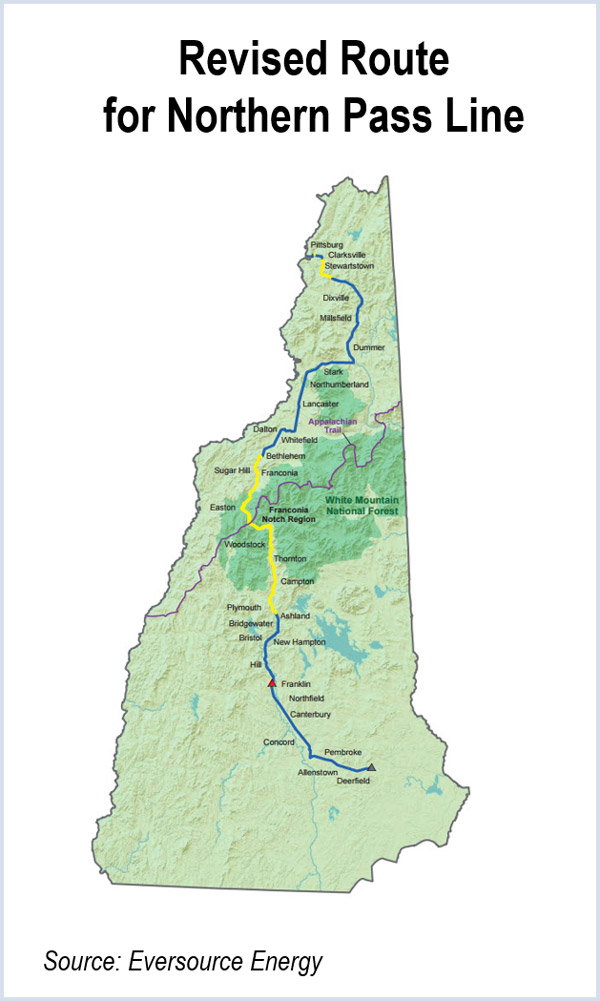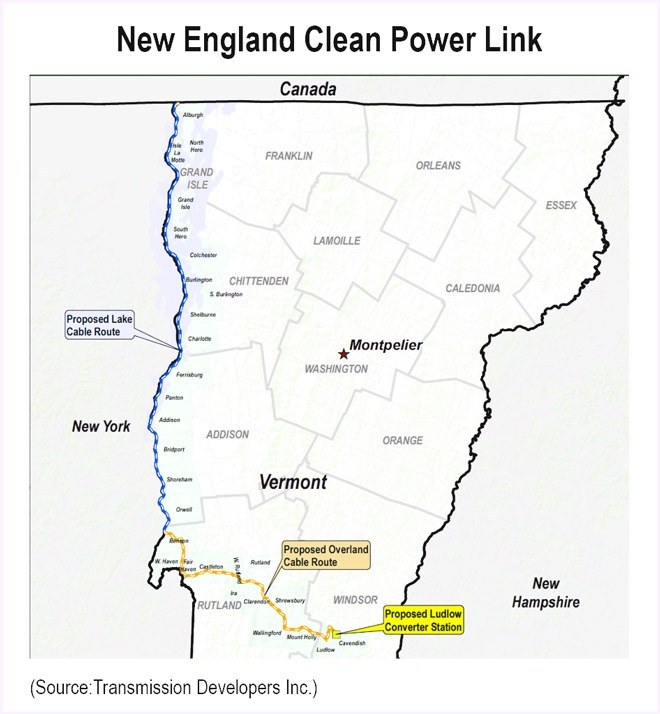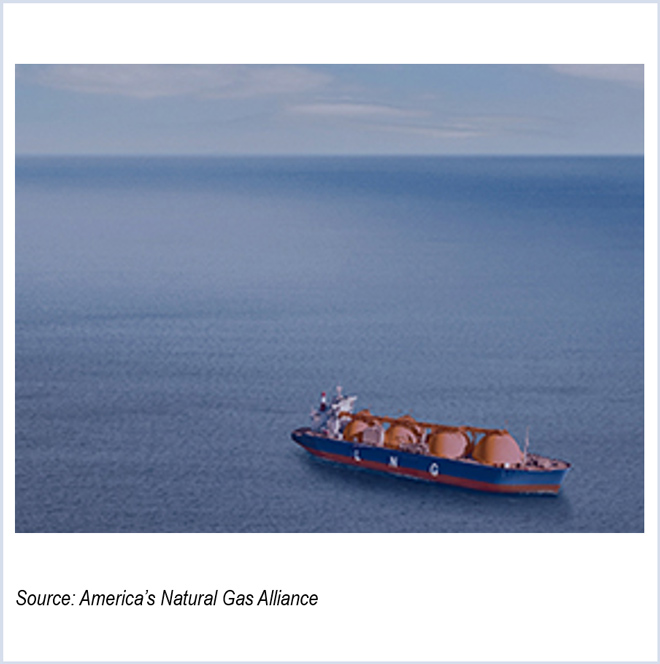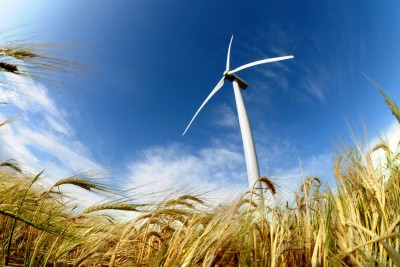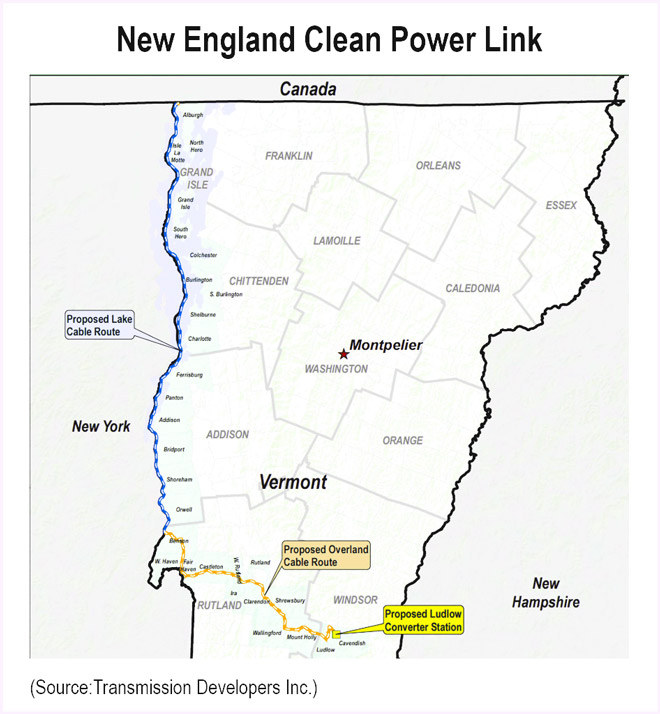hydropower
Large hydropower projects shunned by New England’s renewable energy portfolio standards are elbowing their way into the clean energy conversation.
The SPP State of the Market report said coal-fired resources accounted for 52.1% of generation in the fall of 2015, compared to 62.7% in 2013.
Infrastructure expansion has been the dominant theme in New England in recent years, and 2016 appears to be no different.
The developers of the Northern Pass transmission line may have to fight in court before they turn the first shovel of dirt on their project to deliver Canadian hydropower to the New England grid.
The Energy Department recommended approval of a presidential permit for the New England Clean Power Link, which would transmit 1,000 MW of Canadian hydropower into New England.
Talen Energy announced the sale of three Pennsylvania power plants for $1.51 billion to help satisfy regulators’ demands to divest assets in PJM.
A key House committee approved what would be the first comprehensive energy legislation in eight years, but hopes for passage dimmed after amendments favored by the oil and gas industry and reductions in funding eroded bipartisan support.
Massachusetts Gov. Charlie Baker said that long-term contracts for hydropower are the best way for the state to reduce rising energy costs and reduce greenhouse gases.
FERC has accepted revisions to the ISO-NE Tariff that make wind and hydropower resources more readily dispatchable.
The second transmission line proposed to bring Canadian hydropower into the Northeast under Lake Champlain has advanced with the release of its draft environmental impact statement.
Want more? Advanced Search
